File System Recovery Guide
I. System File Corruption
1. Recovery Mode
Try connecting a keyboard and mouse to enter recovery mode, where some issues can be automatically detected and repaired.
On startup, select Advanced options for Ubuntu
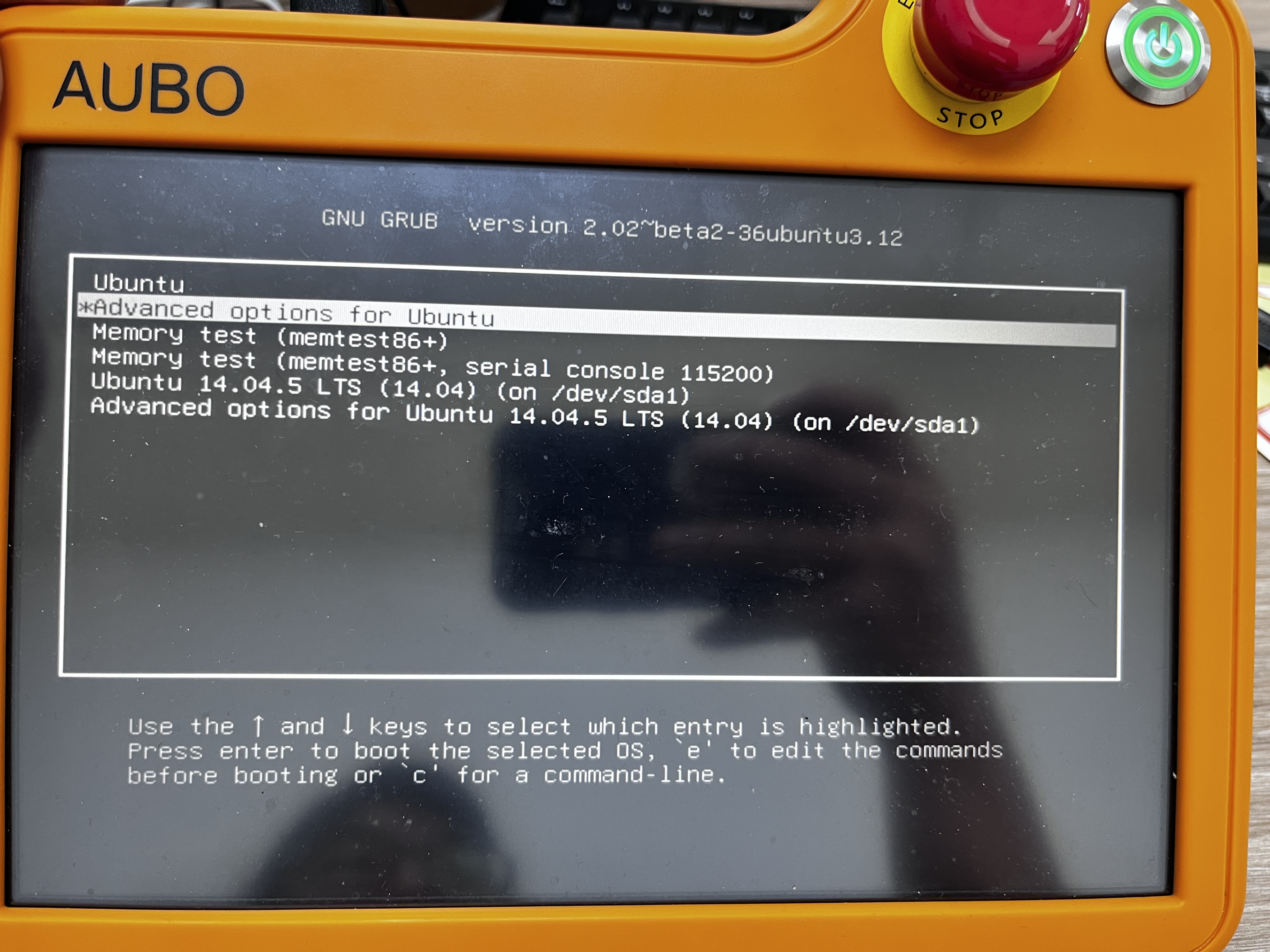
Choose Recovery Mode and press Enter
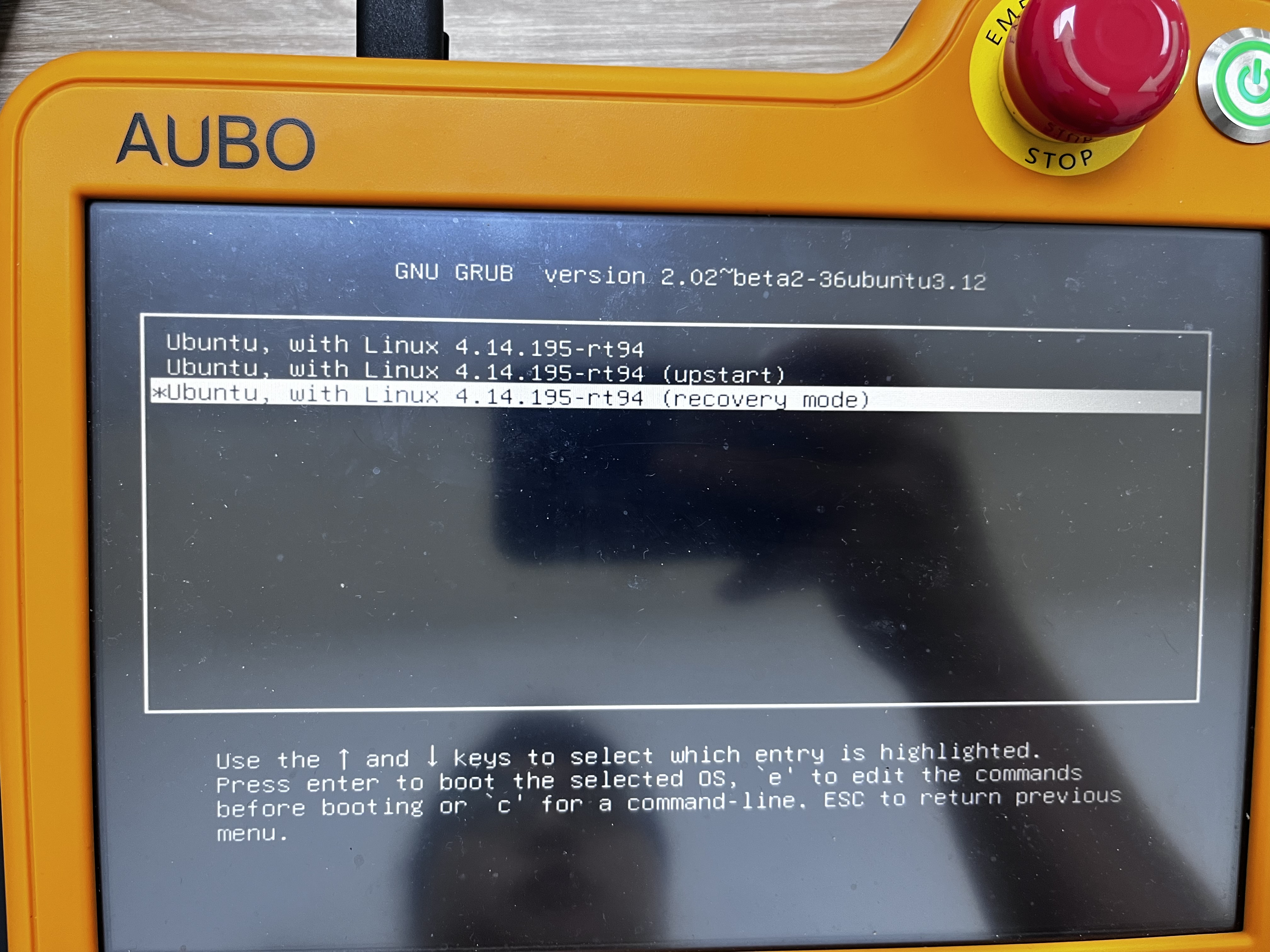
Click YES
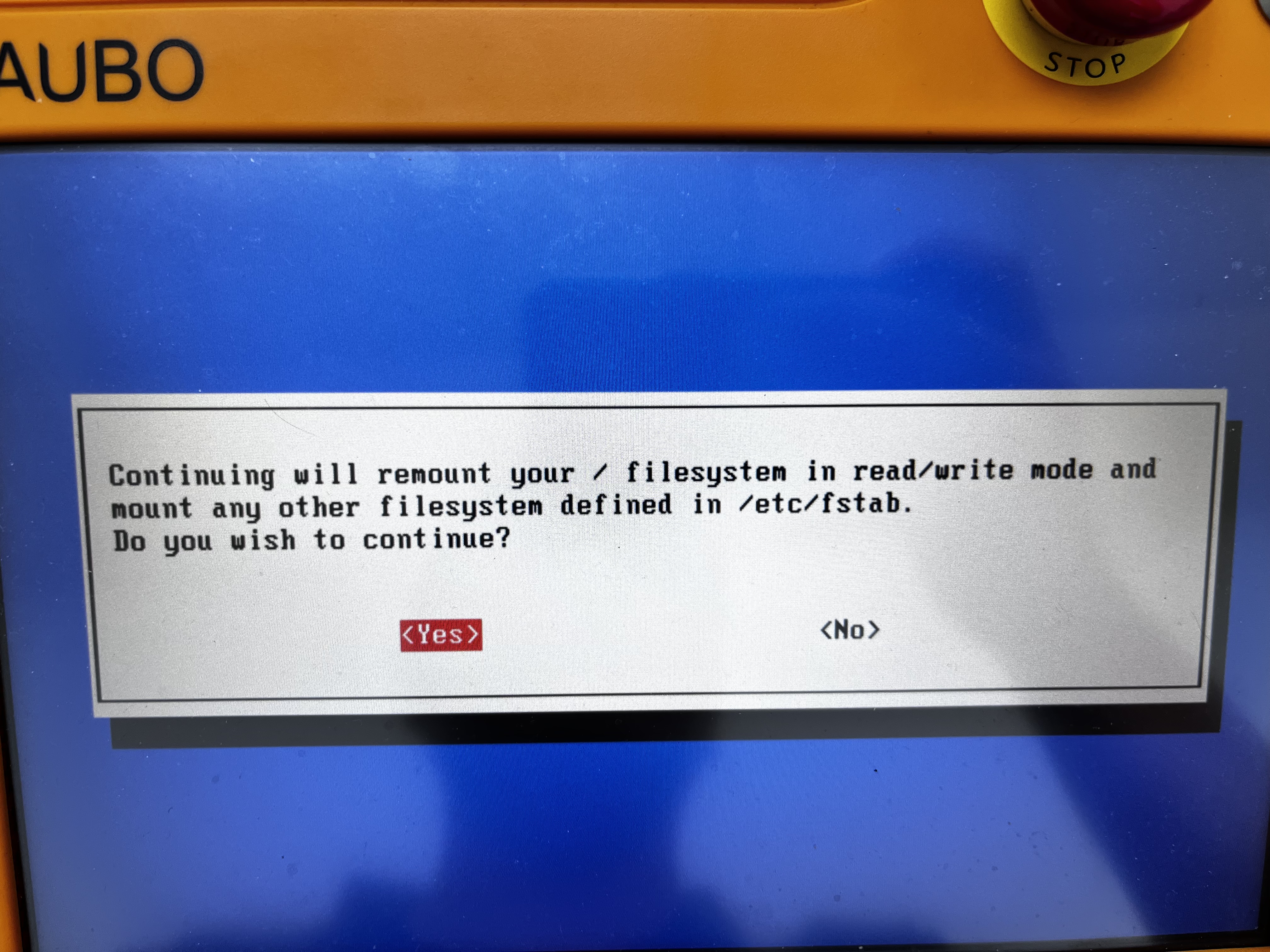
Select the fourth option fsck, and click ok
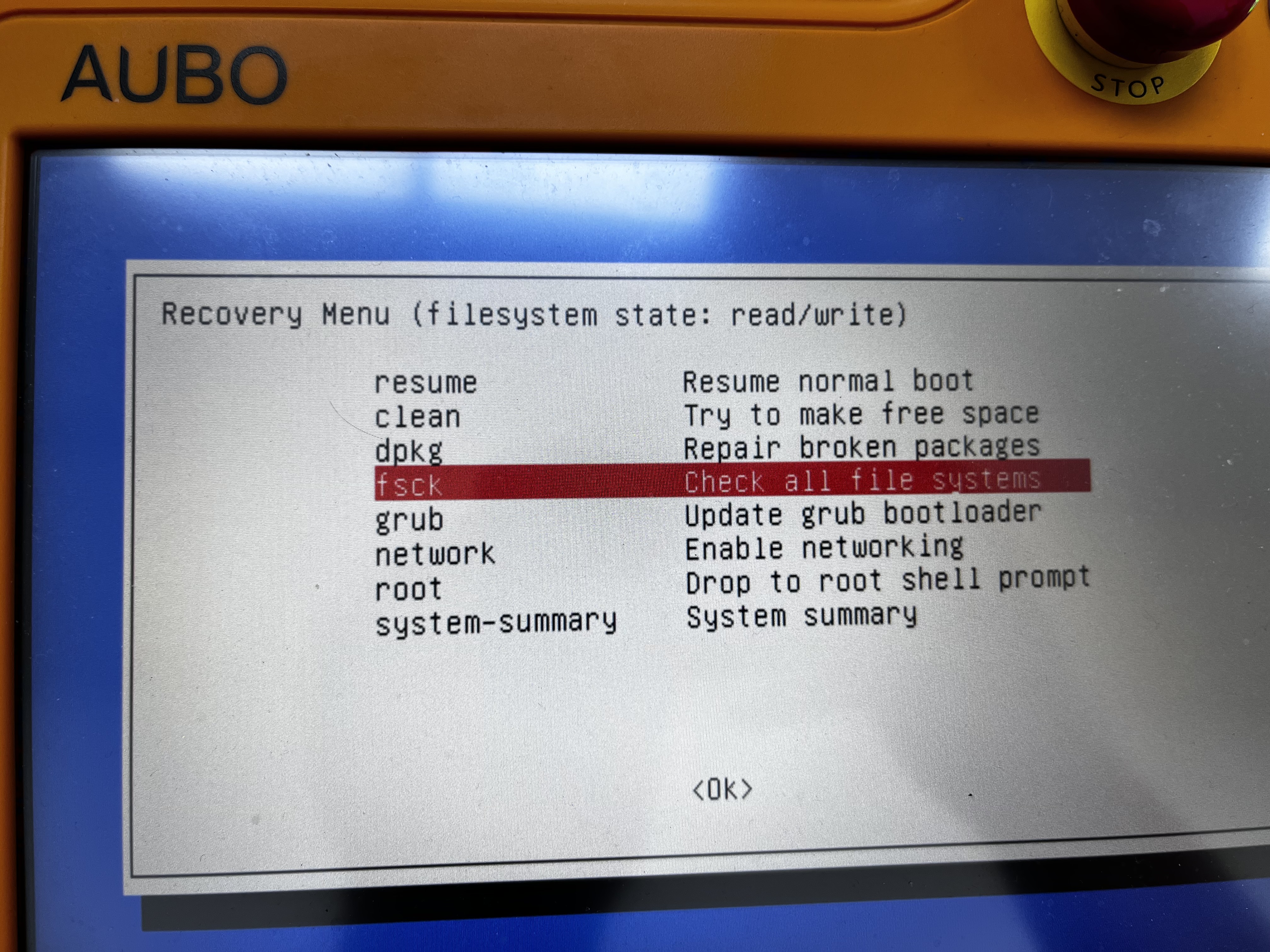
After the repair is complete, press Enter to return
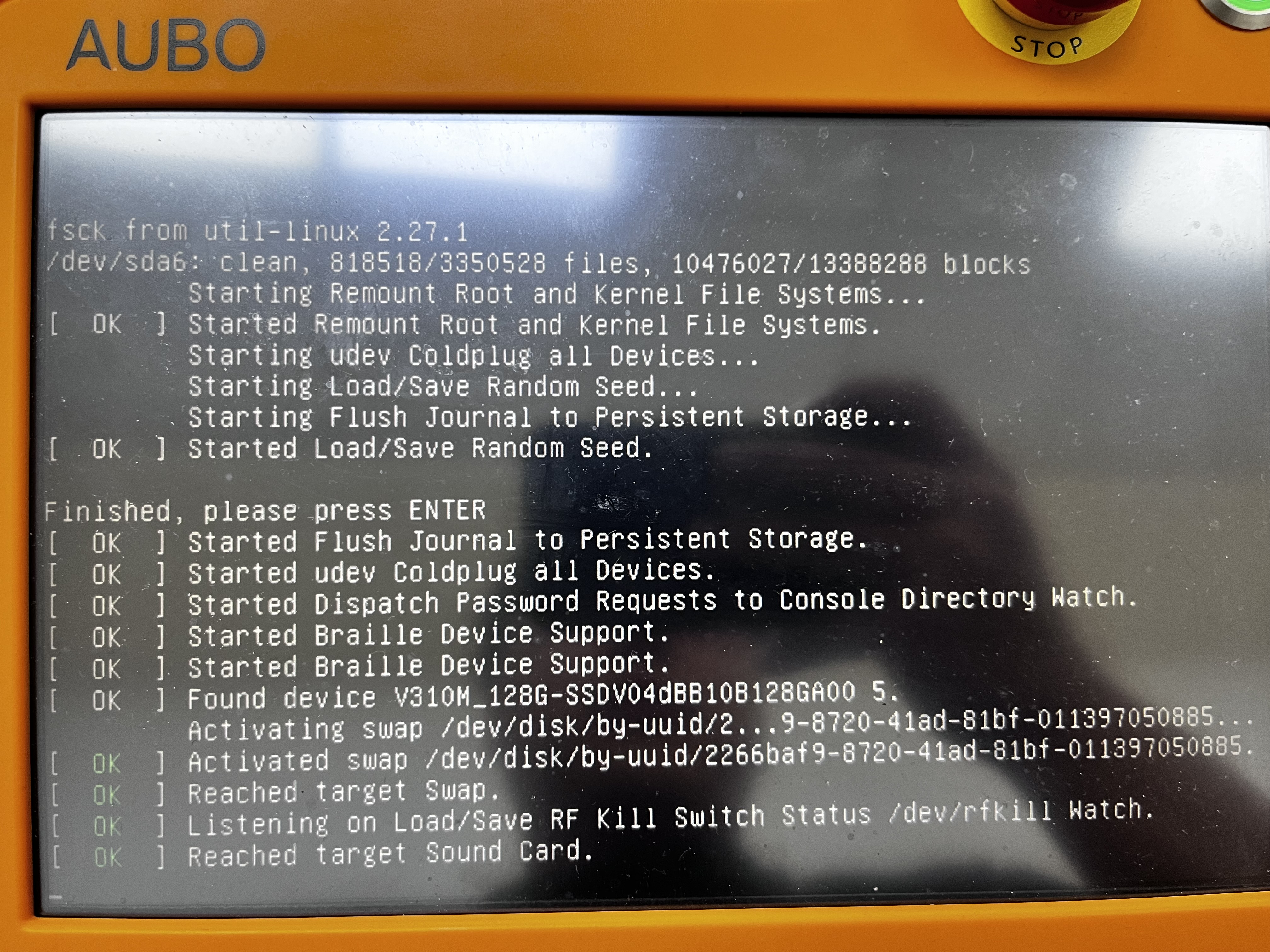
Power off and restart the system to check if it can boot normally.
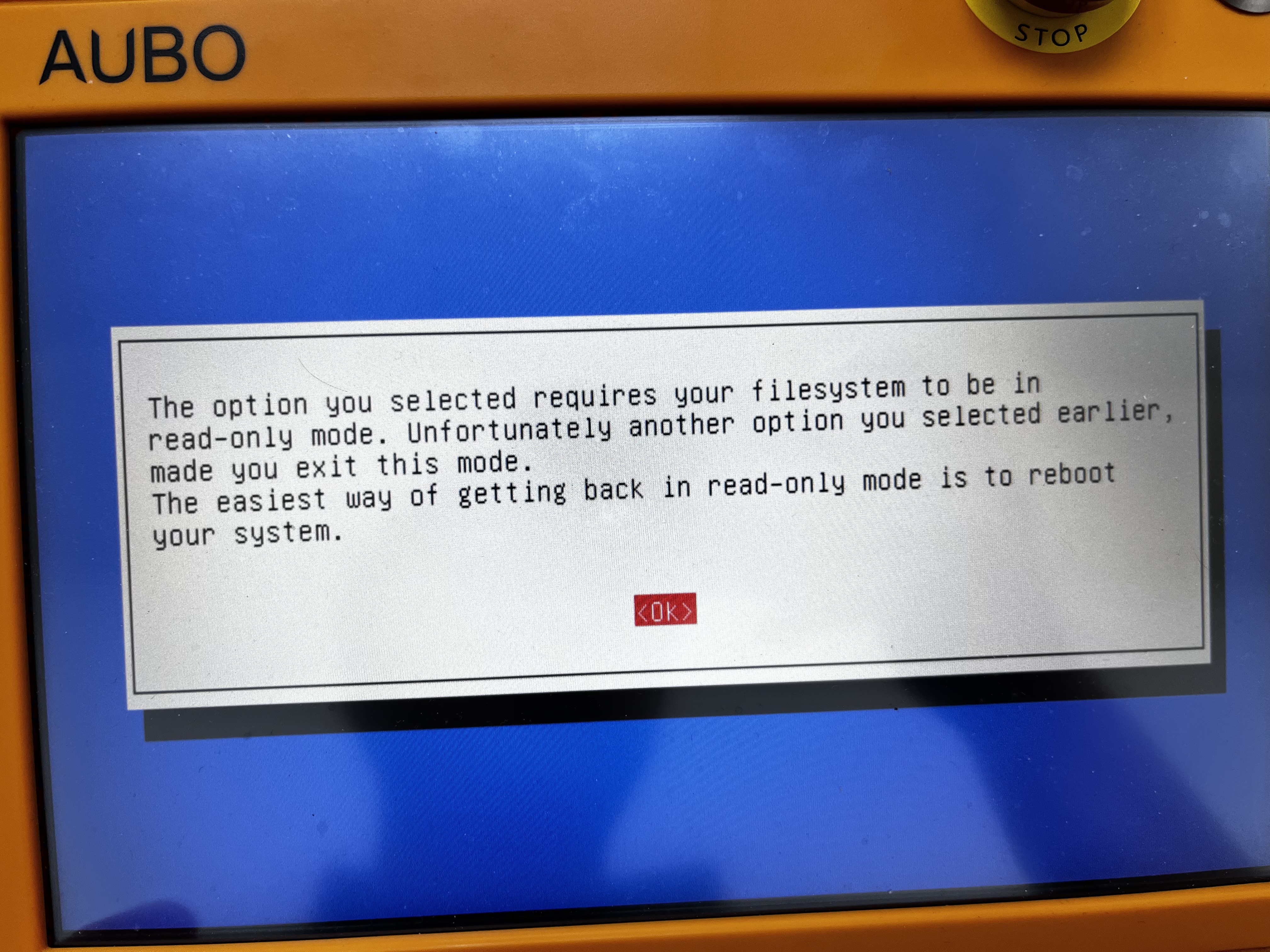
2. Repair Using livecd Tool
Using the Livecd tool as an example, you can create a bootable USB drive from the following link: http://livecd.uostools.com/
Insert the USB drive into the control cabinet. When the teach pendant powers on, press the delete on the keyboard to enter the BIOS when the American Megatrends page appears.
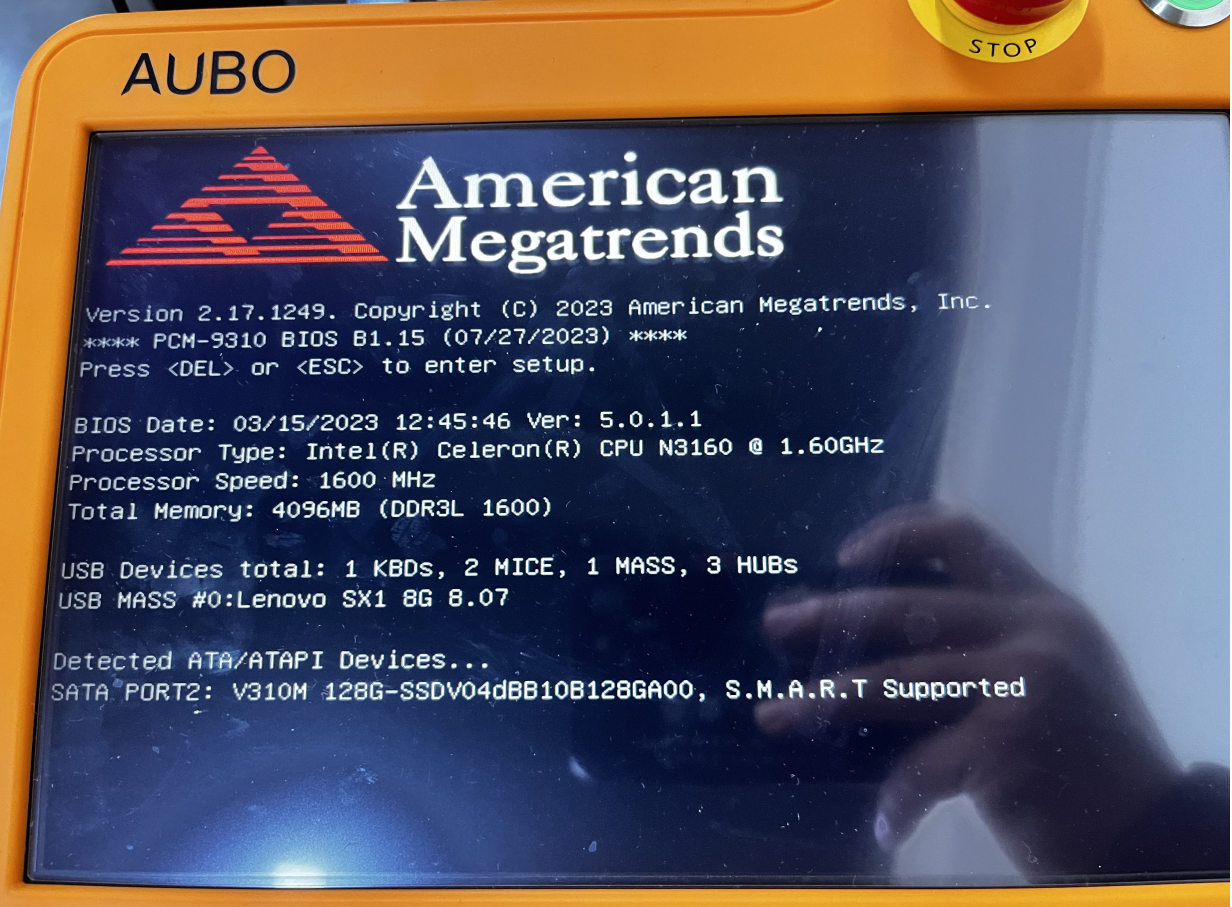
Select Boot Option #1 and switch it to the inserted USB drive. Save and exit.
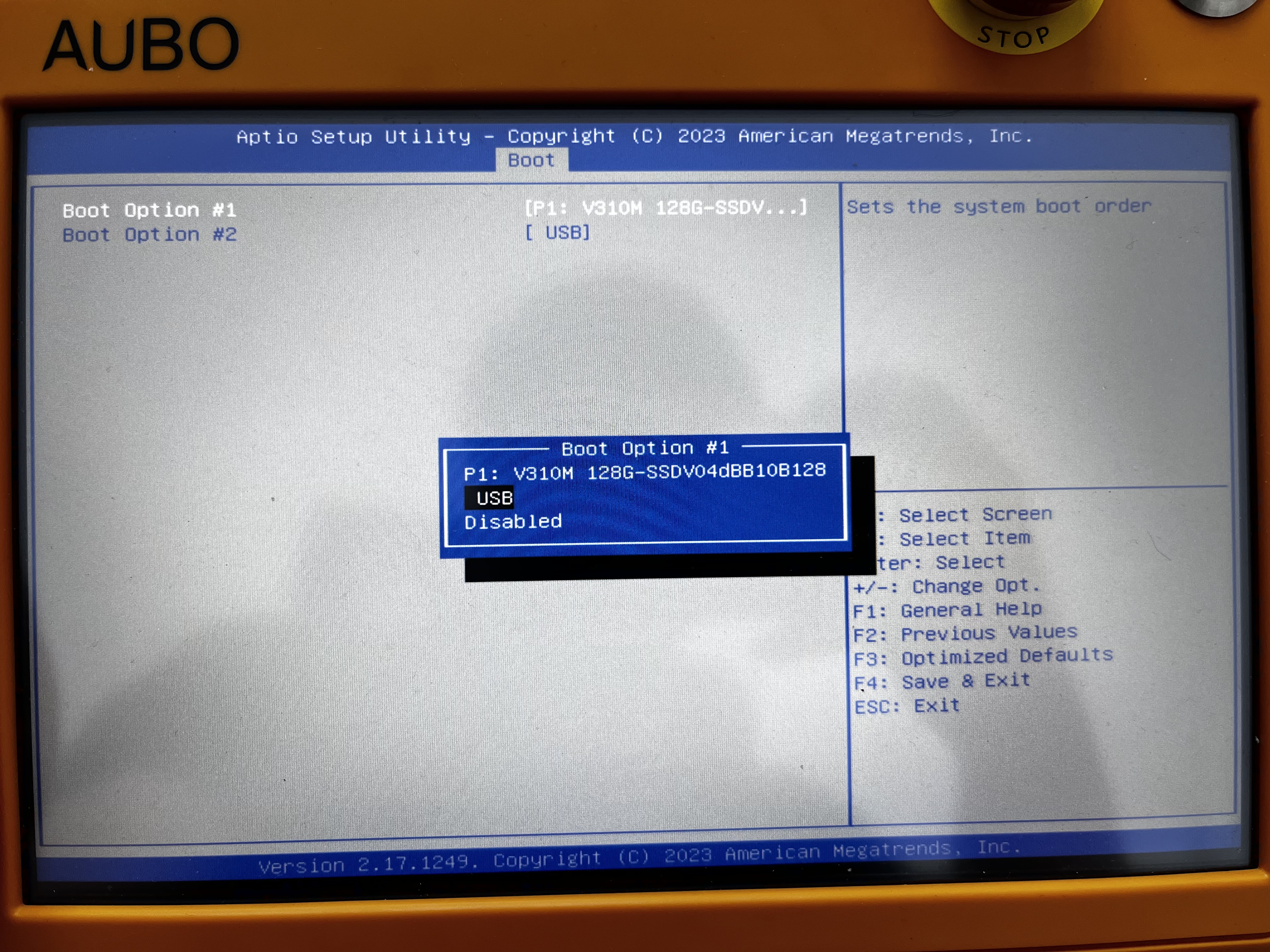
In the Boot menu, select the default first option.
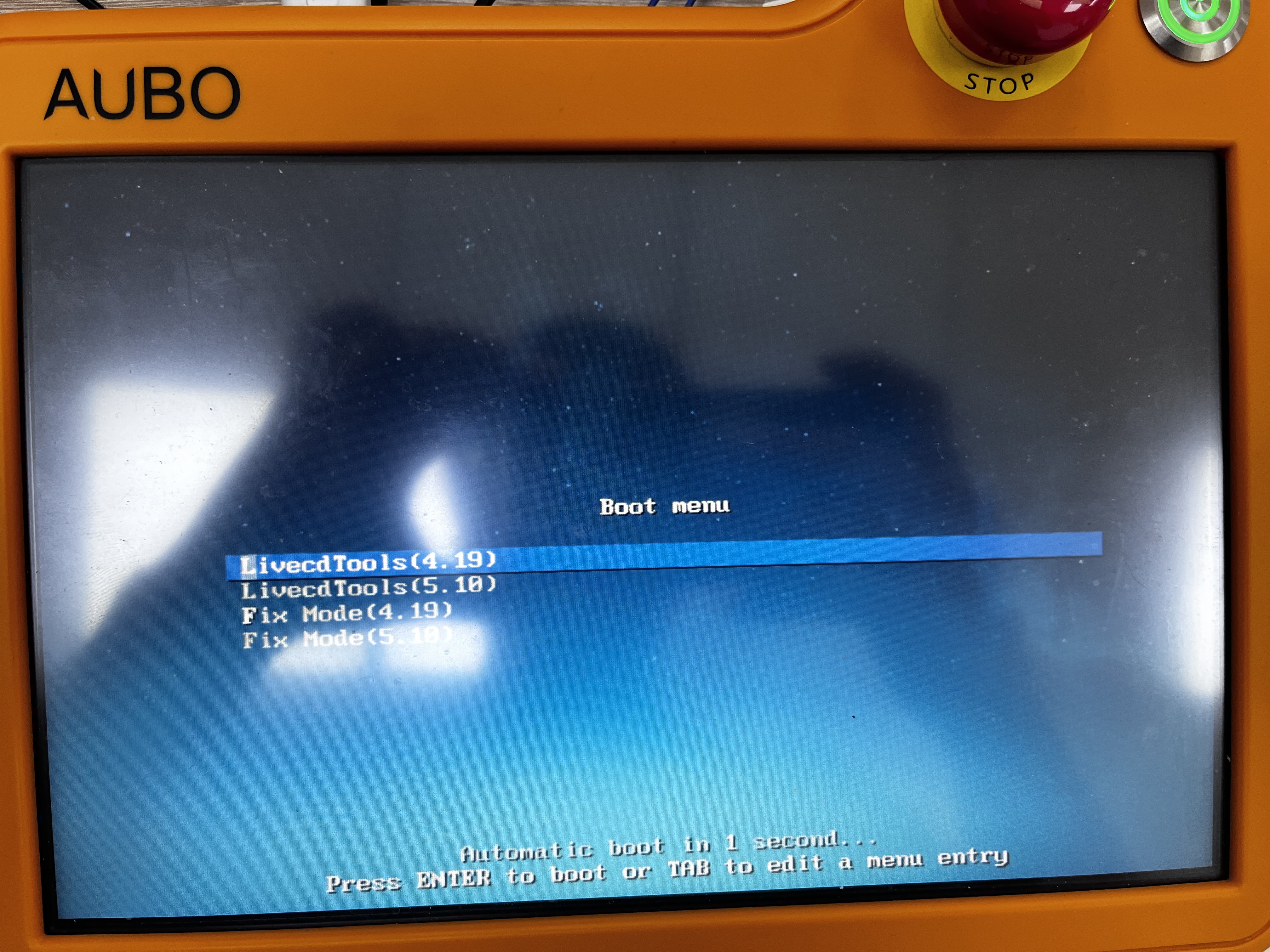
Once the system boots, open the LiveCD tool, choose Disk Repair, and click One-Click Disk Partition Repair
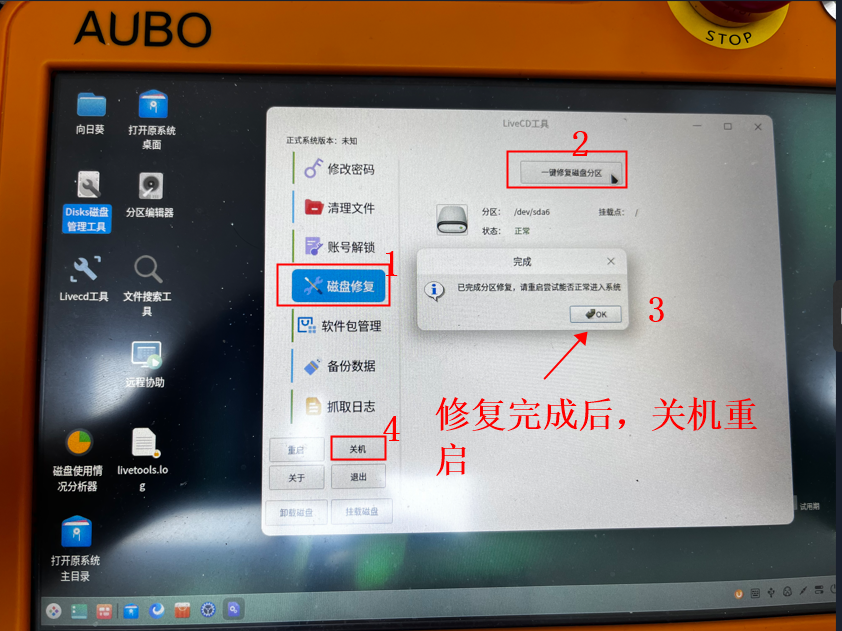
After the disk repair is complete, shut down the system, remove the USB drive, and power on the device to check if it can boot normally.
3. Backup and Restore Data Using Livecd or Ventoy
Boot the system using the USB drive. If using Ventoy, select “Try Xubuntu”
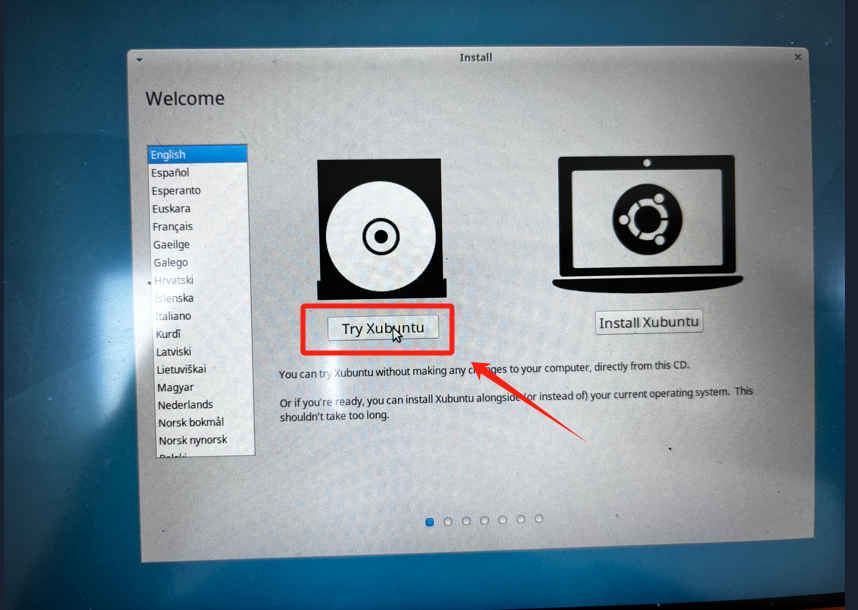
Once in the system, navigate to the /root directory and locate the arcs_ws folder
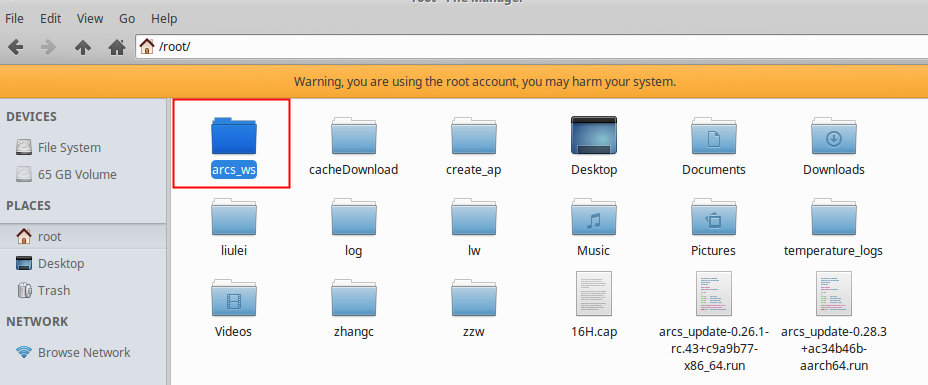
Right-click in the /root directory and open a terminal
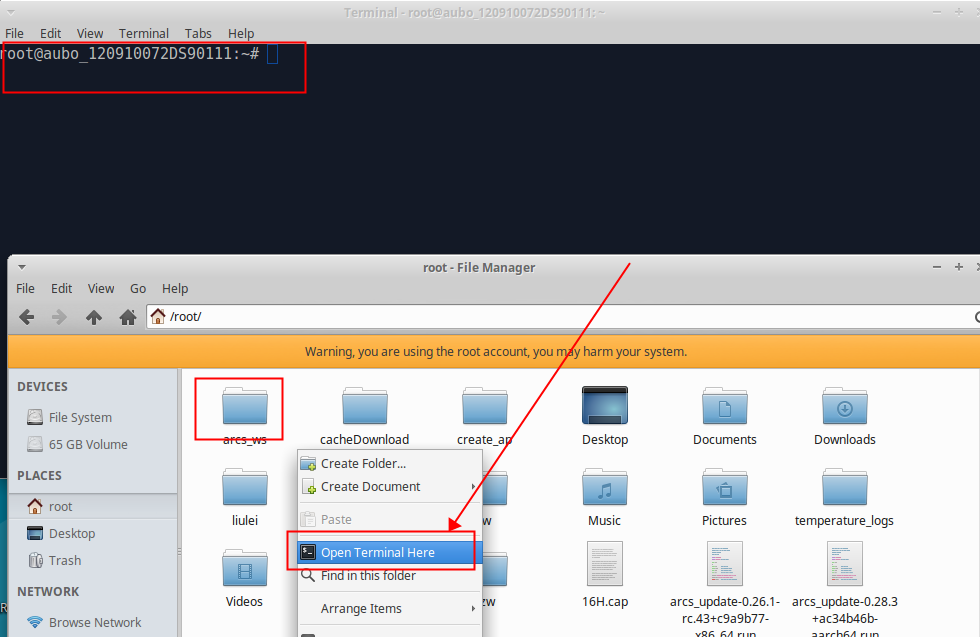
Back up data using the livecd method
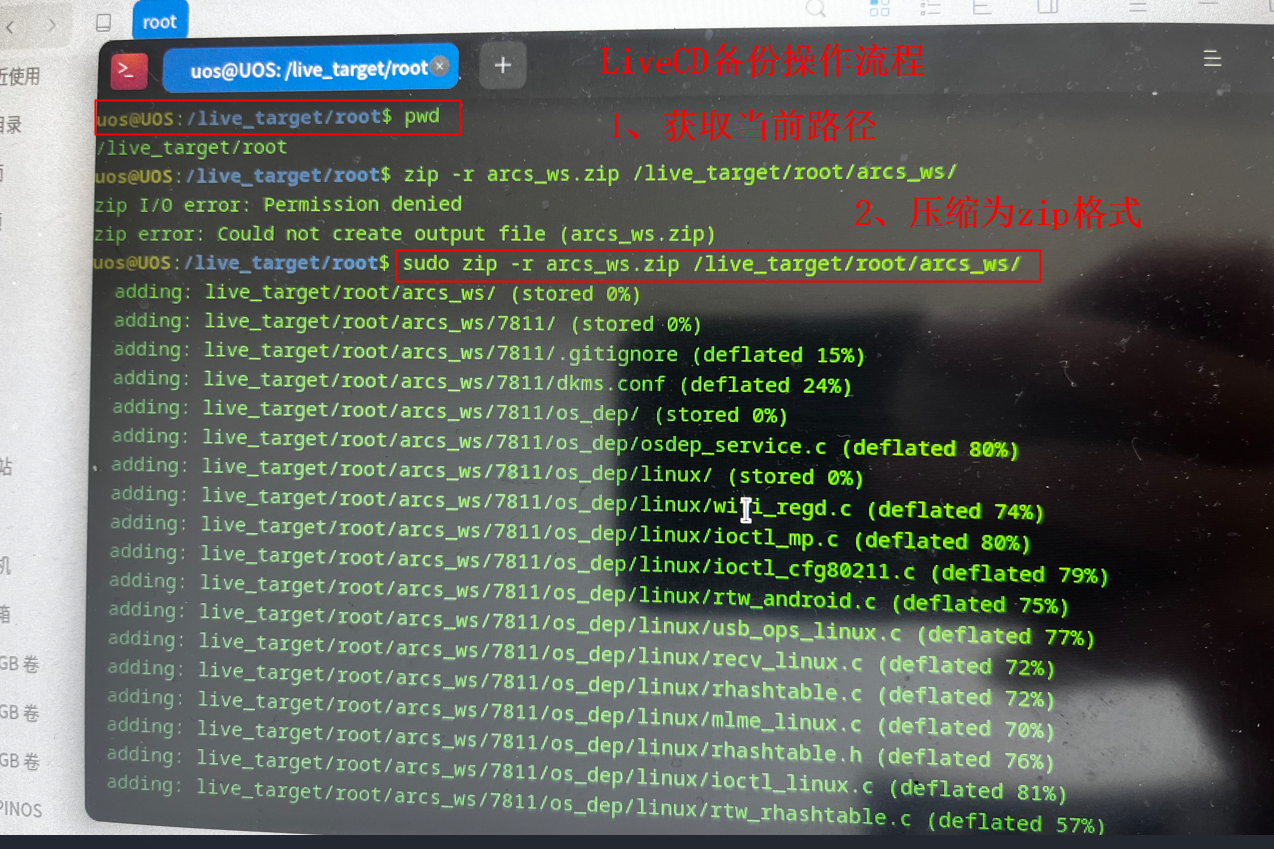
Back up data using the Ventoy method
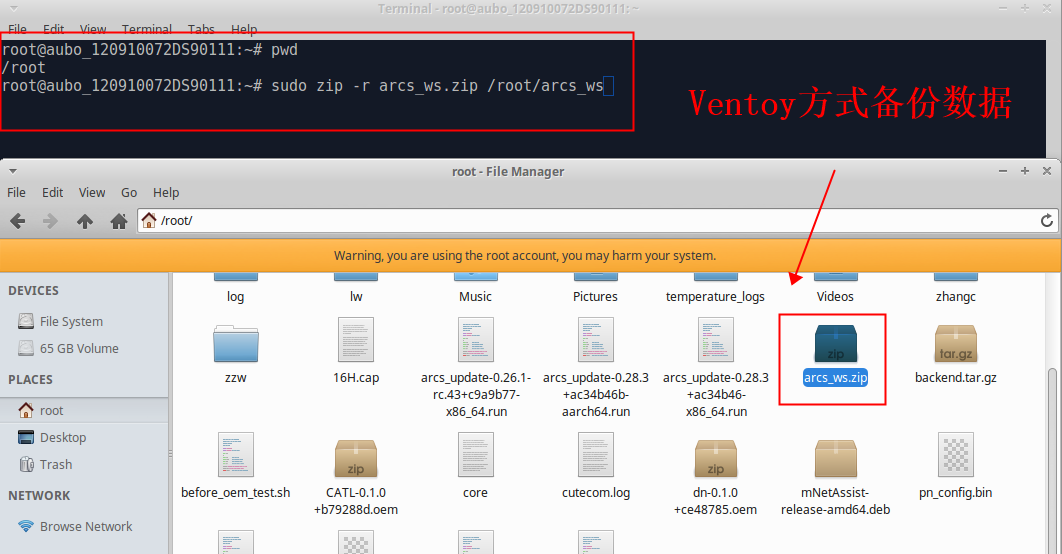
Example:
chmod -R 777 /root/arcs_ws #Assign permissions
pwd #Display the current path
zip -r arcs_ws.zip /live_target/root/arcs_ws/ #Compress the arcs_ws file
After the data is packaged, copy it to the USB drive.
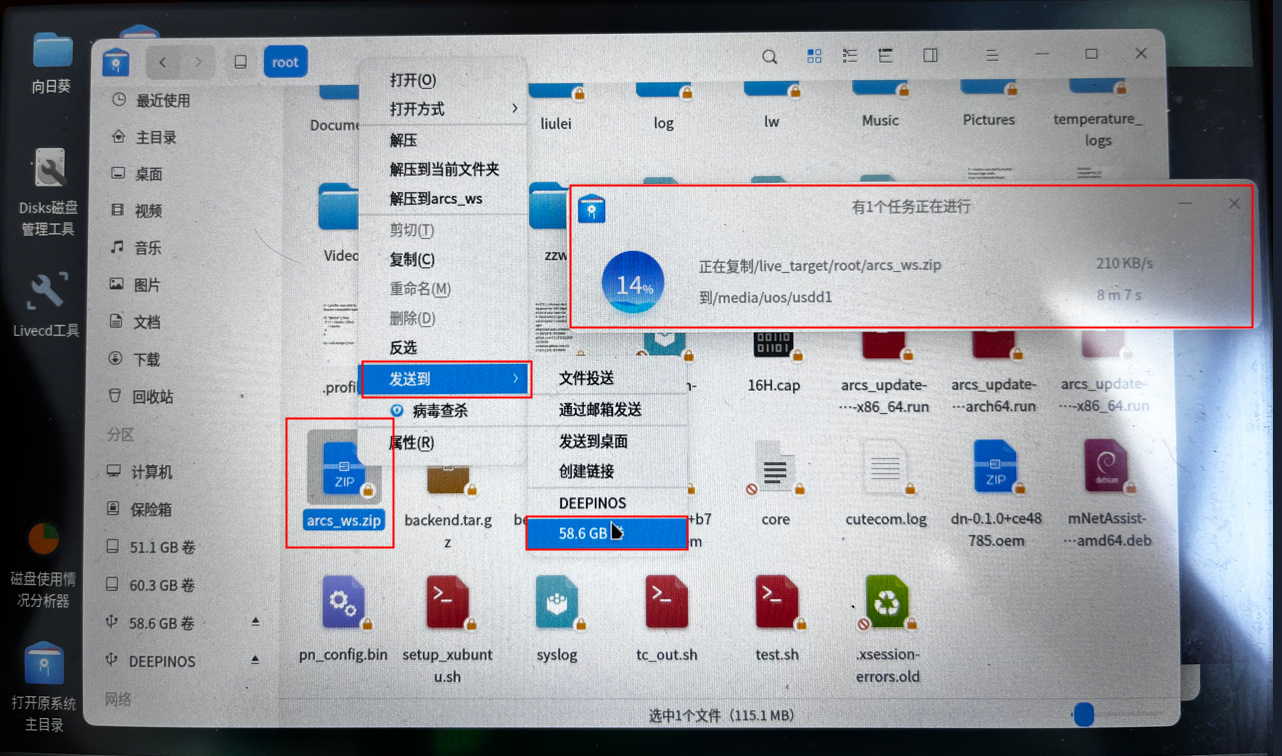
4. Reinstall the System
After backing up the data to a USB drive, reinstall the system. Refer to document 47 Instructions on How to Install ARCS
After installing ARCS, copy the arcs.zip file to the /root directory, extract it, and replace the /arcs_ws directory. This completes the data restoration process
Ⅱ. Disk Damage
If the disk is physically damaged and cannot find V310M 128G-SSDV04dBB10B128 disk in the Boot Option #1 of the BIOS startup options, it is recommended to return the disk to the manufacturer for replacement
